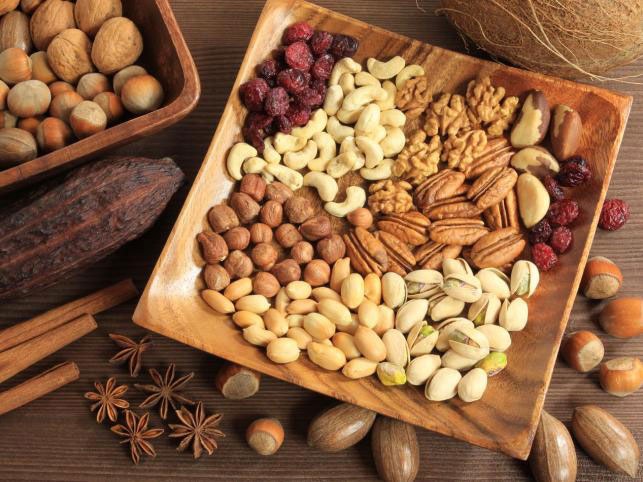The importance of the element potassium in human body
A large part of the potassium is contained in cells that make up any organism. A small amount is in the interstitial fluid. In the extracellular space it is responsible for the passage of nerve impulses, monitors the contraction of muscles, including the heart muscle, supports high blood pressure. Intracellular potassium regulates the acid-base and water balance, and participates in the nerve cells of the brain, interacts with the enzymes. If you do not restore the balance of this item after receiving diuretics, the lack of it can bring the body to nervousness, can cause severe problems with the heart exposed to a stroke.
Natural loss of potassium in the body occur when the secretion of acid in the digestion of food. Part of the potassium is lost during intensive sweating in the heat or during physical activity. Part is eliminated through the kidneys. The greatest element may be leached from the beginning of the use of certain diuretics. There are drugs that practically do not affect the output of potassium, for example, tripas, and there are those that have a significant impact on his balance.
Diuretic effect diuretic of group tiazidov (gidrokhlorisiazit, furosemide) are based on the conclusion from the body of sodium, followed by sodium excreted water. But apart from sodium, these diuretics and potassium output. Mediators of blood pressure are usually given at the same time a diuretic effect, but they provide a mechanism for savings in potassium, so it is not recommended they take potassium drugs to prevent intoxication from an overdose of this element. Another caveat is associated with the presence in the body of magnesium. Magnesium deficiency does not allow absorption of potassium and prevents the restoration of the balance of this element in the body.
Follow magnesium levels, try to fill it when needed, then receiving potassium-containing drugs will give the desired effect.
How to compensate for the loss of potassium
Under normal conditions, when you suffer kidney disease, hypertension, edema of different nature, you are often doing grueling workouts or heavy physical work with intensive sweating you enough potassium from food. A good source of potassium are tea, coffee, natural cocoa powder, all nuts and sunflower seeds, raisins. Instead of the sodium salt to use salt-preventive food containing potassium salts.
The daily intake of potassium for an adult varies from 2 to 4 grams. With significant physical exertion – up to 5 grams. Only in a woman's body potassium should be approximately 225 g, and the men – 250 g
Developed a series of products, allowing both to restore the balance of potassium and magnesium. Drug "Potassium and magnesium asparaginat" and similar restore electrolyte balance, replenish potassium and magnesium, normalize metabolism. Similar effects of drugs "Aspirin", "Asparkam", "Asparkam".
If you are taking diuretics triazide or diuretic herbs, you should then fill the balance of potassium with the help of the preparation "Asparkam", "Panangin". If you take a diuretic and one of the few who together, it will protect you from the loss of potassium. One tablet of "Asparkam" contains 14.3 mg of potassium. In the tablet "Panangin" and 36.2 mg.
Selection of drugs should trust the doctor, because their combination and mutual influence with inept self-selection may lead to overdose of potassium and harmful consequences for the whole organism.
